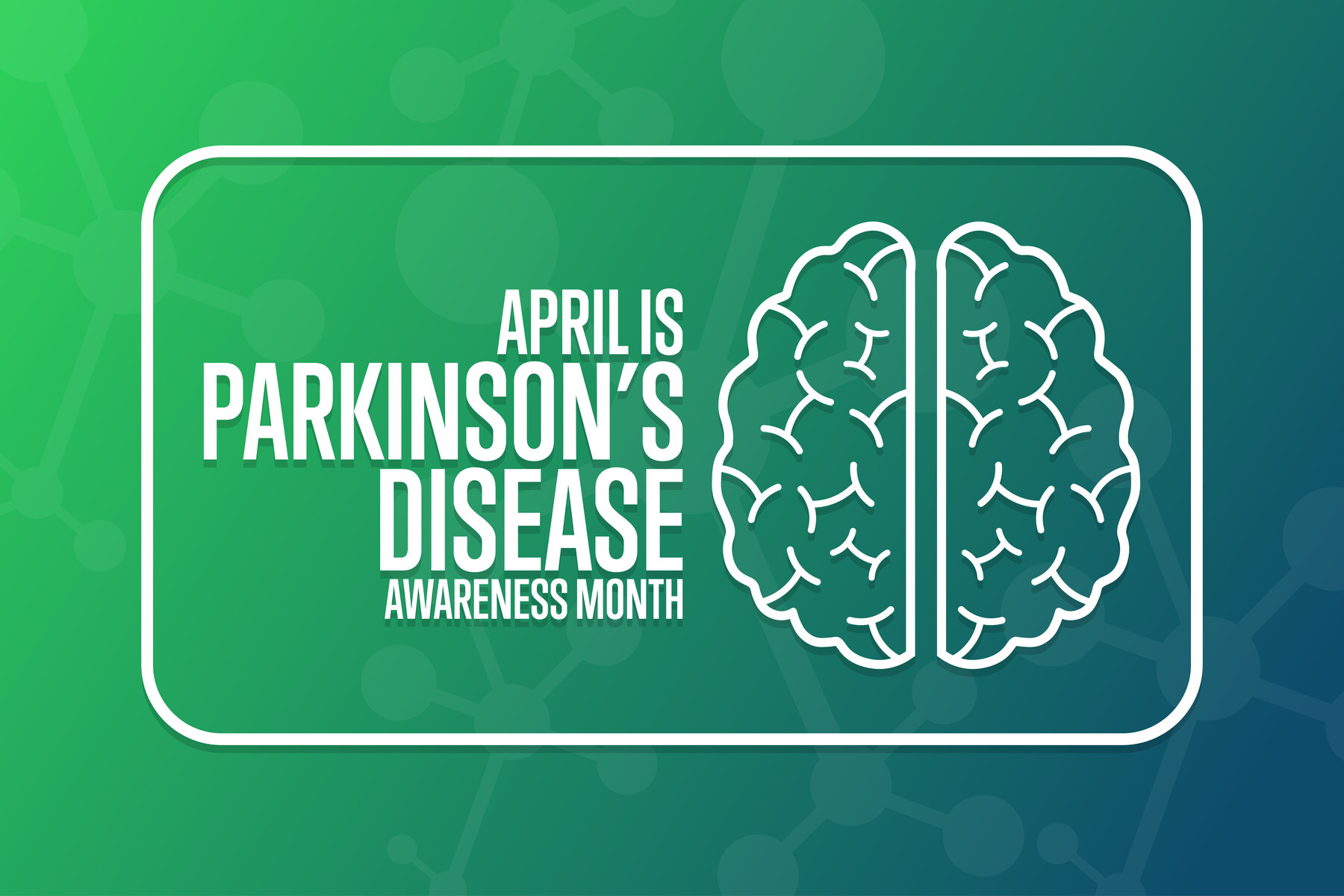~ by Carol Vartuli
News about progressive diseases that are incurable, and have limited treatment options, is often bleak. Parkinson's Disease (PD) is one of those diseases.
Just two weeks ahead of Parkinson's Awareness Month 2022, the Michael J. Fox Foundation for Parkinson's Research posted this headline on its website:
Breaking News: Critical Advance Announced in Imaging the Living Parkinson's Brain.
AC Immune, a Swiss Biotechnology company, has shown the first images of alpha-synuclein in a living patient's brain, using a 'tracer' they developed.
"The misfolding and clumping of the alpha-synuclein protein in brain and body cells are the pathological hallmark of Parkinson’s disease. Scientists believe this toxic dysfunction gives rise to Parkinson's onset and progression. . . The ability to visualize alpha-synuclein activity in the living brain would be a game-changer for testing and developing potential new Parkinson’s drugs."
The Michael J. Fox Foundation "is committed to the development of an imaging tracer for Parkinson's," says MJFF Vice President of Research, Jamie Eberling. The foundation has been funding this development over the past five years. Additionally, The Foundation just awarded $10 million to be shared by AC Immune and two other research companies engaged in advancing the diagnostic tool.
Parkinson's Awareness
Opening the month of April with a stunning headline is gratifying, but increasing public awareness about PD remains paramount. Promoting the facts about a neurodegenerative disease that affects a million Americans can help individuals recognize its symptoms and seek early diagnosis. It also highlights the need for patients to participate in clinical trials, so potential new treatments don’t go undiscovered.
For those of us who don't have PD (and hope not to develop it), there's a fundamental reason to increase awareness. Financial support, from donors large and small is what powers the research that results in treatments and cures.
Parkinson's Awareness Month has been observed for nearly 40 years. Not every April breaks with a leap in scientific understanding, but every Awareness Month reminds us that PD continues to diminish the abilities and lives of those who suffer from it.
What are the signs or symptoms of Parkinson's?
There are several "early signs" of PD, including:
- Tremor: A slight shaking in a finger, thumb or hand, while at rest.
- Small handwriting: Changes in the way you write on a page, with small letter sizes, and crowding of words
- Loss of smell: Having trouble smelling certain foods (bananas, dill pickles, licorice).
- Trouble moving: Stiffness in your body, arms or legs that does not go away when you move. The same symptom can be caused by arthritis or injury.
You can review all 10 early signs of PD at Parkinson's Foundation.org. While having one of the signs doesn’t mean you have PD, it's a good idea to consult your doctor if you recognize several.
The greatest risk factor for Parkinson's Disease is age. But it’s not the only risk factor. About 10 to 20 percent of people with Parkinson's experience symptoms before age 50, which is called "young onset."
Perhaps the best-known young-onset patient is the actor Michael J. Fox, who was diagnosed at the age of 29 and has lived with PD for 30 years. He launched the Michael J. Fox Foundation in 2020 to support the search for better treatments -- and a cure.
He must be proud of his foundation's latest news.
Learn about rehabilitation for Parkinson's patients at The Osborn, including short-term and outpatient rehabilitation.
The information in the above article is not intended nor implied to be a substitute for professional medical advice, diagnosis, or treatment. Always seek the advice of your physician or other qualified health provider with any questions you may have regarding a medical condition.
